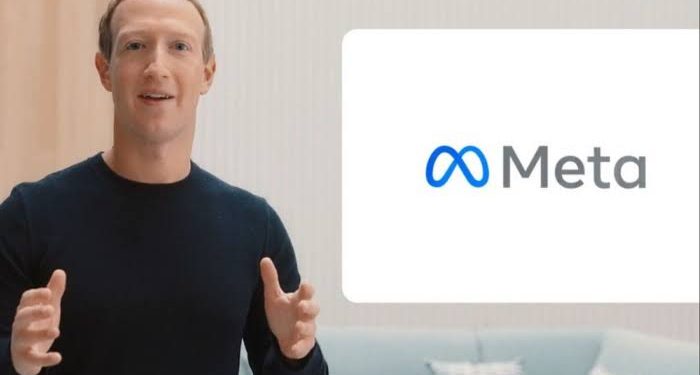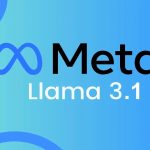Meta, the parent company of Facebook, has launched a dual initiative targeting both innovation and authenticity on its platform. While announcing a new Llama Impact Grant for startups and researchers in Sub-Saharan Africa, the tech giant also revealed it took sweeping enforcement actions against fake engagement and impersonation during the first half of 2025.
As part of a broader effort to support Africa’s digital ecosystem, Meta’s Llama Impact Grant aims to empower early-stage startups and researchers working on open-source AI projects. While full details on the grant structure are expected in the coming weeks, it signals Meta’s growing interest in fostering local innovation around its Llama large language model especially across Africa’s rising tech hubs.
In parallel, Meta announced a major crackdown on inauthentic activity, revealing that it had taken action against about 500,000 accounts involved in spammy behavior or fake engagement. Additionally, 10 million fake profiles impersonating large content creators were removed from Facebook as part of this cleanup.
These enforcement actions are designed to elevate original creators and ensure that Facebook feeds remain relevant and engaging. “Creators should be celebrated for their unique voices and perspectives, not drowned out by copycats and impersonators,” Meta said in a statement.
Moving forward, Meta is introducing stricter measures against unoriginal content—especially accounts that recycle or repurpose others’ posts without permission or significant enhancement. Offending accounts will face reduced visibility, loss of monetization privileges, and in severe cases, complete removal from the platform.
Meta also disclosed that it is testing new features that can link reposted content back to the original creator, allowing authentic voices to gain more visibility and proper attribution. The move is part of Meta’s broader strategy to fight the spread of low-effort content and create space for high-quality storytelling.
To help creators stay eligible for monetization and recommendation, Meta shared best practices, including the need to prioritize originality, avoid overused watermarks, tell compelling stories, and write clear, relevant captions. Lazy edits, such as stitching together clips or reposting watermarked content will be penalized.
As these updates roll out gradually over the coming months, creators can access new tools via the Professional Dashboard, where they’ll find post-level insights, and warnings about potential monetization or visibility penalties in the Support section of their pages or profiles.
This dual approach fostering innovation through the Llama Impact Grant while reinforcing content authenticity underscores Meta’s broader vision of creating a cleaner, more rewarding experience for both creators and users. It comes at a time when social platforms are being flooded with duplicate and AI-generated content, challenging the balance between creativity and credibility.










